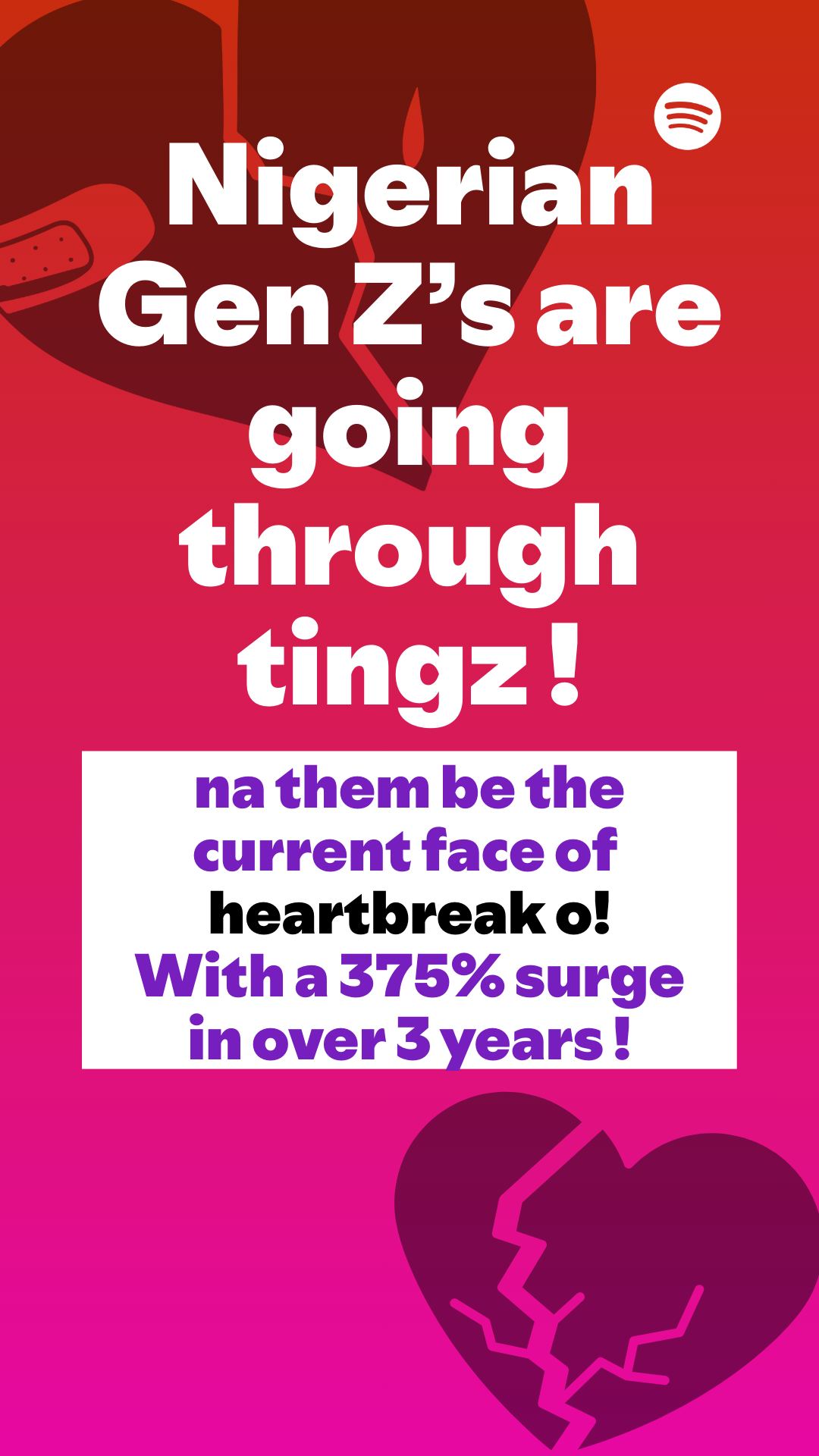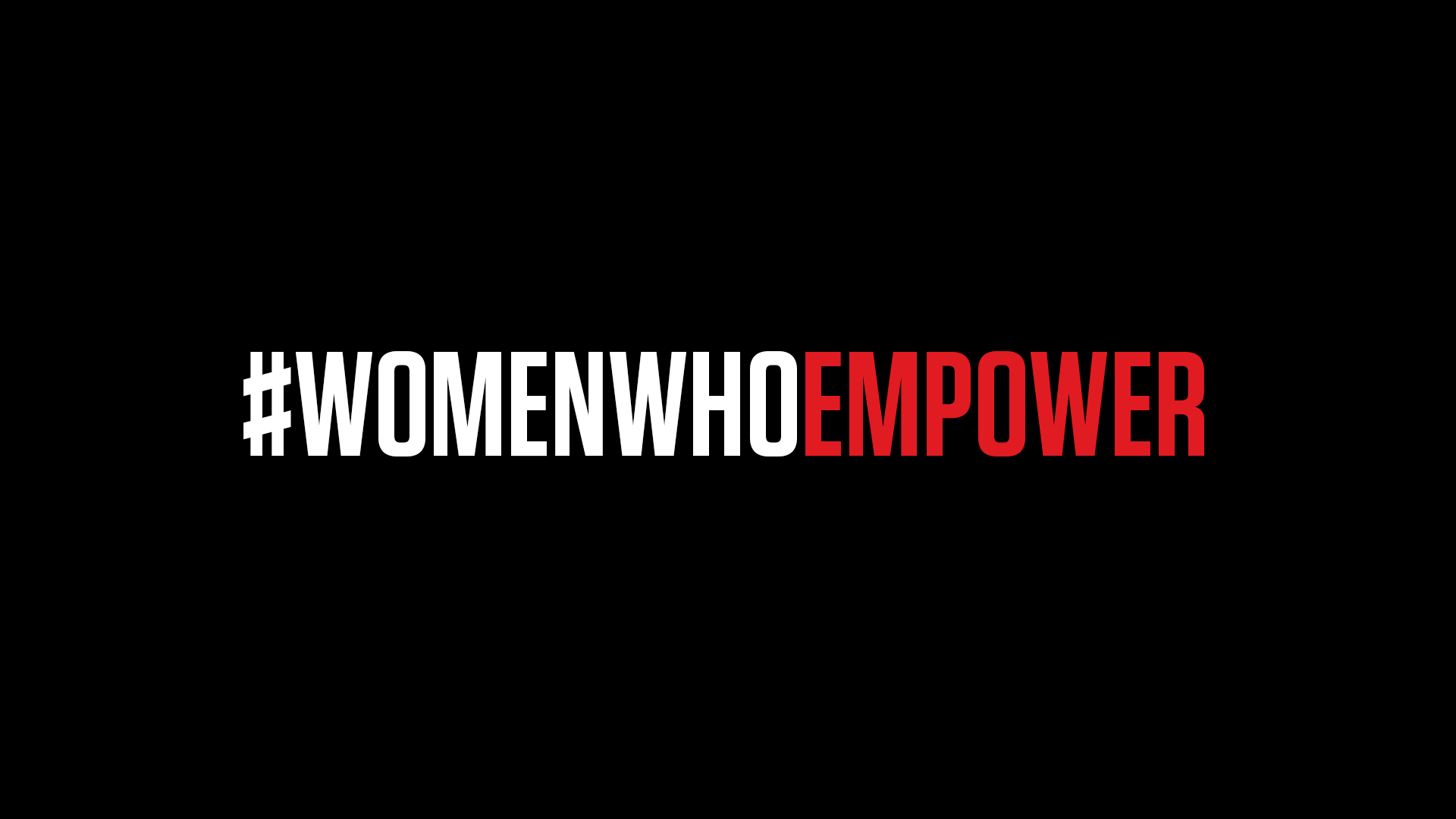Showbiz
Forces of Change in the Creative Industries – Going Beyond Tech

By Amine Djouahra
As we are nearing the end of the first half of 2023, we have all become more comfortable with change and disruption. Whether it is the pandemic, environmental factors, unstable global economic conditions, or tech evolution, we have learned to bounce back quickly. One industry that has had to be particularly agile during the past few years is the filmmaking industry.
Canon’s new report (written in conjunction with The Future Laboratory) – The Future of Filmmaking, reveals the industry’s efforts to be a catalyst of change that inspires the creative industry to transform its narrative and to shine its spotlight on topics that will be significant in shaping the future of our world, and that of the African continent.
Interestingly, the report sheds light on the human landscape and its power to create, cultivate, and drive change. The power of people ultimately makes things happen and pushes us toward progress and advancement in any industry. The report highlights four crucial aspects that may be driven by tech but not necessarily led by tech. In my view, these are significant factors directly proportional to the content creation and filmmaking industries and will undoubtedly shape the future of these industries.
Rise of the Creative Class
According to the UNESCO report, global cultural and creative industries (CCIs) are estimated to generate about $2.25 trillion annually, which accounts for 3% of the global GDP and employment of around 30 million people worldwide. It is fascinating to see the rise of this creator economy, which the report identifies as the “New Creative Class”. As we witnessed an unprecedented boom in digitalisation over the last 10 years, this creative class sprang into action using technologies to deliver a fresh and novel take on content creation.
If we lens in on the African continent, which is closer to home and more interesting to me, we see some remarkable trends in the creative economy. In Nigeria, as this report shows, the sector employs 4.2 million people and is expected to employ a further 2.7 million by 2025, an increase of more than 50% in the next two years.
Despite the significant contribution made by the new creative class toward societal and economic progress, there still seems to be a gap in recognition compared to other industries. The emerging community of content creators is striving to achieve fair working conditions, equitable payment models, and new standards in the industry that reflect their value and contributions. This is a positive development for the creative sector in its rightful plea to be recognised and treated fairly compared to other industries.
Stay Local
The explosion of digital technologies may have given us the power to do anything from anywhere, but like all things, too much of anything is not always good and has its consequences. An interesting trend emerged with the plethora of content choices that suddenly became available for audiences to consume worldwide. People slowly started taking their eyes off the global stage and shifted their gaze towards local and homemade content that told stories of their land and their people.
Given our natural desire as humans to find meaning, connectivity, and relatability, the narrative of authentic stories led independent storytellers, documentary-makers, content creators, and filmmakers to explore topics that local people resonate with. So, it’s no surprise that global streaming giants like Netflix and Disney are investing in Africa to tap the unexplored potential and talent. The report encapsulates the essence of the ‘Stay global, go local’ movement and asserts that media organisations and creative firms will progressively be compelled to shift sight closer to home when it comes to entertainment and content production.
Conscious Consumption
The current climate crisis affects us all, no matter which industry or walk of life we come from. The severity of climate change needs to be taken seriously globally, and genuine efforts must be made for scaled initiatives to reduce our carbon footprints. The streaming industry is no exception to this; the carbon impact of the industry drastically needs to be reduced by adopting a more sustainable approach towards this issue.
The report underpins the significance of consumer demand as a key driver toward adopting sustainable practices and better industry standards. With people gaining more awareness about the environmental impact of their consumption choices, they are likely to demand pro-environmental practices, thus compelling the industry to adopt a pro-active approach towards sustainability.
Inclusive Innovation
The Future of Filmmaking report highlights the positive development of inclusivity and diversity. It emphasises that the new creative class is at the forefront of inclusivity and is not afraid to challenge the already-established broadcasters. This new generation of creators identifies technology to harness change and propel social progress. Decentralisation will be a key trend touching every area of the industry, from financing to licensing and distribution and more, creating new opportunities for the underrepresented creators and bringing them closer to their fans.
Continuing the Legacy of Storytelling
These trends are a wake-up call to many in the industry to pay attention to the changing needs of people and to evolve with them. However, we must always return to the basics and remember the importance of telling stories. While these trends affect the industry by and large, the shifts create more freedom for storytellers to come forth and tell their stories in unique and inspiring ways, enabling them to create content that is responsive to the tastes, locations, and ethics of their audiences in a way that has never been possible before.
All in all, the report tells me that this is an exciting time to be a creator, with the industry opening its doors to new opportunities that reflect change, growth, development, and progress.
Amine Djouahra is the B2C BU Director for Canon Central & North Africa
Showbiz
Valentine’s Day in Nigeria: Love, Heartbreak, and Connection

Spotify’s latest Valentine data signals that Nigerian listening is becoming more emotionally expansive, not more predictable. Across the Jan 1 to Feb 4 comparison window, Nigeria saw strong growth in mood-led playlist creation from 2024 to 2025, with rizz up +58%, simp up +66%, and yearn up +305%. From 2025 to 2026, we could see rizz up +82% and yearn up +170%. Together, these shifts point to a culture that is naming attraction, vulnerability, and longing in real time.
A New Language for Modern Love
On Valentine’s Day, Nigerian listeners moved between local and global love soundtracks, with Burna Boy, John Legend, and Billie Eilish appearing in the same emotional universe. What stands out is not one dominant mood but the growth of multiple moods at once. Using rizz and simp as love-coded signals, and yearn as a heartbreak-coded signal, Spotify data shows both sides rising sharply. Love-coded playlist, rizz behaviour grew by +58% to +82% from 2024 to 2026, while heartbreak-coded behaviour yearn grew by +305% and then +170% over those same periods.
This is emotional literacy in action, with listeners using playlists to process what they feel without having to flatten it into one story.
Nigerian Gen Z is driving this change. Data points to a generation building a working vocabulary for modern relationships, one that allows confidence, tenderness, and uncertainty to exist side by side.
The Duality Generation
Among 18 to 24-year-olds on Valentine’s Day, nearly 60% of listeners skewed heartbreak, while almost 40% leaned into love. They are not choosing one emotion over another. They are holding both at once and building listening habits that reflect that complexity.
The pattern is visible across gender, too. Men accounted for over 65% in heartbreak and 61% in love song streaming, while women represented just over a third in both cases, showing that both groups are actively engaging the full emotional spectrum on the day.
Geographically, heartbreak listening is concentrated in urban centres, with Lagos leading, followed by Abuja, Port Harcourt, Ibadan, and Benin. The map is culturally telling. Young Nigerians in major cities are using music as a live emotional archive of romance, ambiguity, and recovery.
Sharing the Feeling
Nigerians are not processing these emotions in isolation. Valentine’s Day 2025 was the “Blendiest” day in the preceding year, signalling peak shared listening behaviour through Spotify Blend. Partners, friends, and crushes used collaborative playlists to merge Afrobeats, street-pop, and R&B into shared mood spaces.
Top Blend tracks on the day included Fido’s Awolowo, Smur Lee’s, Shallipopi, ODUMODUBLVCK’s JUJU (with Smur Lee & Shallipopi), BNXN, Rema’s “Fi Kan We Kan,” and Rema’s “OZEBA.” In direct song shares, listeners chose emotionally direct records such as Future’s “WORST DAY,” Drake’s “GIVE ME A HUG, Asake’s “WHY LOVE”, Rema’s “Baby (Is it a Crime)”, and Drake’s “NOKIA”. The signal is clear: sharing is not just social behaviour, it is emotional communication.
Beyond Romance: Community, Friendships, and Faith
Valentine’s listening also shows Nigerians broadening the meaning of connection. Globally, Galentine playlist creation rose by over +70% year on year, with +20% growth already recorded this year. In Nigeria, this aligns with how friendship and peer support are increasingly central to how young listeners mark the day.
The podcast picture adds another cultural layer. Faith-based voices remained highly visible on 14 February, alongside relationship-centred conversations, reflecting a listening culture where romance, spirituality, and community wisdom coexist rather than compete.
Spotify also recorded a +20% increase in Valentine’s Day playlist creation globally in the latest comparable seasonal window, reinforcing that this period remains one of the strongest emotional moments in the listening calendar.
“Valentine’s Day in Nigeria is no longer a single-note romance moment. We are seeing listeners embrace love and heartbreak as equally valid emotional realities, and use music to move through both with honesty. What stands out is the confidence to name complex feelings and the willingness to share them with others,” says Phiona Okumu, Spotify’s Head of Music for Sub-Saharan Africa.
This year’s Valentine’s data presents a portrait of a generation redefining connection: emotionally fluent, culturally hybrid, community-oriented, and unafraid of contradiction.
Showbiz
Court Takes Over Steve Babaeko’s X3M Music Over Unpaid Debt to Singer Praiz

By Adedapo Adesanya
A Federal High Court sitting in Lagos has ordered a temporary takeover of the famous music label, X3M Music Limited, owned by public relations guru, Mr Steve Babaeko, over unpaid debt to singer Mr Praise Adejo, popularly known as Praiz.
The court has appointed a provisional liquidator (a court-sanctioned manager) to seize control of all the label’s properties and bank accounts.
This followed a petition by Praiz, who is seeking to wind up the company over the claims of unpaid debt since the inception of his relationship with the label.
Praiz, a R&B musician, was formally signed to the label, and his music career hit the limelight after he finished second runner-up at the maiden season of Project Fame West Africa.
He is best known for releasing hit singles such as Rich and Famous, Sisi, and 69 with Burna Boy and Ikechukwu Killz. Under the record label, he released his debut album titled Rich & Famous in 2014, which received a nomination for the Album of the Year at the 2015 Nigeria Entertainment Awards as well as a nod for Best R&B/Pop Album and Album of the Year at the Headies 2015.
X3M Music Limited, founded by advertising executive Steve Babaeko, is a prominent Nigerian record label and the parent company of X3M Ideas, which was listed among Africa’s fastest-growing companies in 2025. X3M Music also formerly signed Simi and helped develop her artistic talent.
As of now, neither X3M Music nor Mr Babaeko has issued a formal response to the court order.
Showbiz
Mena Sodje, Daniel Abua Frontline Africa Magic’s New Romantic Drama Employee of the Year

Africa Magic has announced the premiere of Employee of the Year, a compelling three-part romantic drama set to air from Thursday, February 12, to Saturday, February 14, 2026, on Africa Magic Showcase (DStv Channel 151, GOtv Channel 8).
Led by Mena Sodje in a standout performance as Nana, the movie features a strong supporting cast, including Daniel Abua, Doris Okorie, Nnamdi Agbo, Yemi Solade, and other notable actors. Together, they bring depth and emotional nuance to a story rooted in the high-pressure world of real estate, where power, loyalty, and desire often collide.
Employee of the Year follows Nana, a junior realtor struggling to rise above obscurity, whose life takes a dramatic turn when she uncovers a dangerous plot to burn down her company. Her bravery earns her recognition as an unlikely hero, but the victory is short-lived when she discovers that the conspiracy runs far deeper than she imagined.
As the story intensifies, Nana learns the true mastermind behind the scheme, who then presents her with a chilling offer: her dream promotion in exchange for carrying out the very crime she once stopped. Caught between ambition and conscience, Nana must confront the cost of success and decide what kind of future she is willing to build.
With its mix of romance, suspense, and corporate drama, Employee of the Year explores the moral compromises often hidden behind professional success. The three-part movie will air exclusively on Africa Magic Showcase (DStv Channel 15, GOtv Channel 81) from February 12 –14, 2026.
Be sure to also take advantage of the ongoing We Got You offer, where you pay for your current package and DStv/GOtv upgrades you to the next higher package at no extra cost. The offer runs till February 28th, 2026.
-

 Feature/OPED6 years ago
Feature/OPED6 years agoDavos was Different this year
-
Travel/Tourism10 years ago
Lagos Seals Western Lodge Hotel In Ikorodu
-

 Showbiz3 years ago
Showbiz3 years agoEstranged Lover Releases Videos of Empress Njamah Bathing
-

 Banking8 years ago
Banking8 years agoSort Codes of GTBank Branches in Nigeria
-

 Economy3 years ago
Economy3 years agoSubsidy Removal: CNG at N130 Per Litre Cheaper Than Petrol—IPMAN
-

 Banking3 years ago
Banking3 years agoSort Codes of UBA Branches in Nigeria
-

 Banking3 years ago
Banking3 years agoFirst Bank Announces Planned Downtime
-

 Sports3 years ago
Sports3 years agoHighest Paid Nigerian Footballer – How Much Do Nigerian Footballers Earn

















